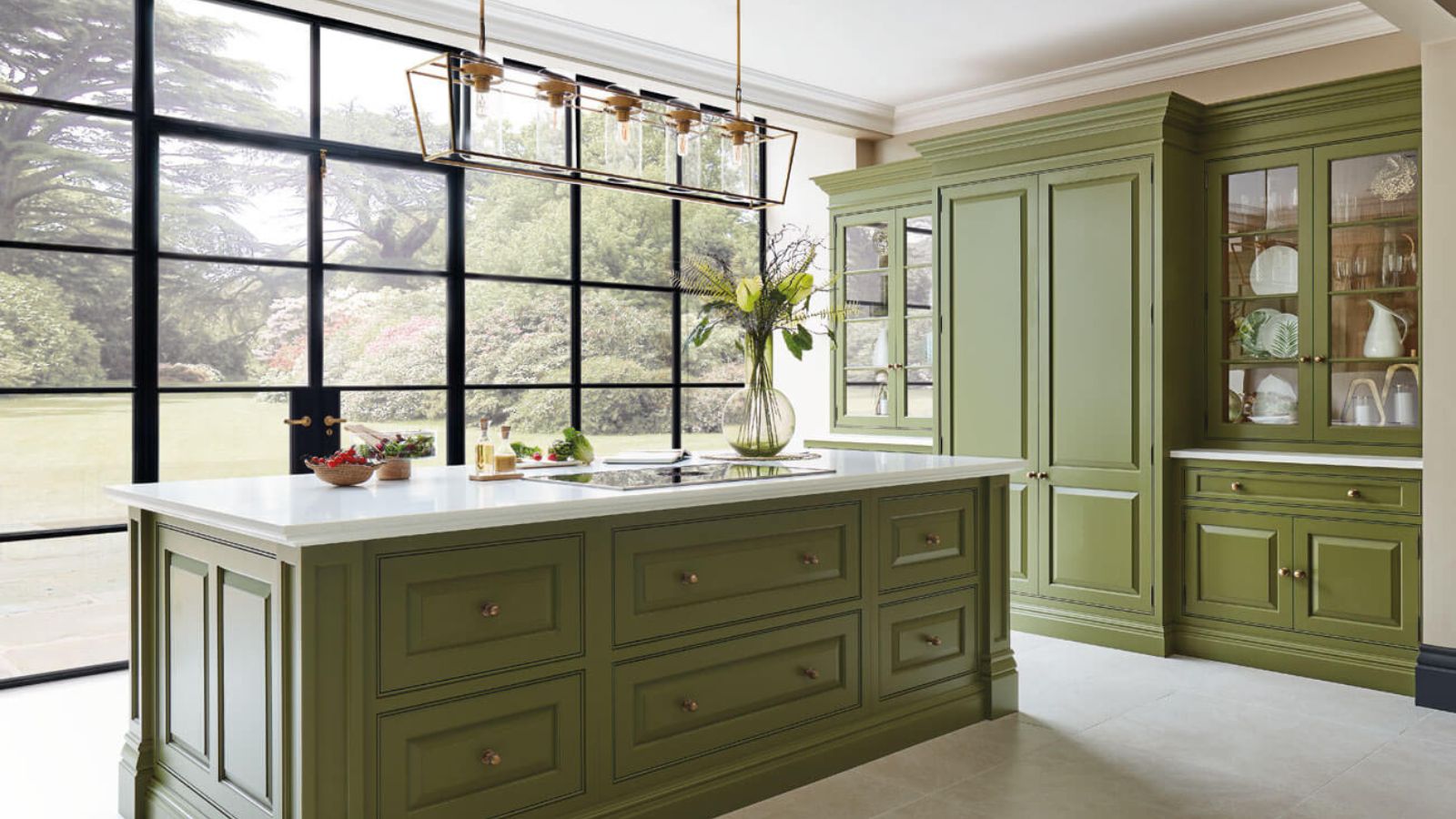
Prices are going up across the board, and with more of us looking to save where we can, you may be wondering if it is cheaper to make or buy cleaning products.
While the financial cost of making your own cleaning supplies is very low, you must not forget the time and energy costs that the lack of convenience imposes on your weekly schedule.
Here, professional cleaners and in-house experts explain the pros and cons of DIY-ing your cleaning supply checklist to determine if it really is cheaper to make your own.
Is it cheaper to make or buy cleaning products?
When it comes to saving money at home, it is often cheaper to make DIY cleaning solutions.
Ryan Knoll, cleaning expert and owner of Tidy Casa, explains, 'It is always much cheaper to make your own cleaning products. It's like 10 to 1.
'Glass cleaner, for example, is just one part alcohol, one part vinegar, and four parts water. If you break that down, it's about $0.15 for 32oz of homemade cleaner versus a name-brand, which can cost around $4.17 per 32 oz.'
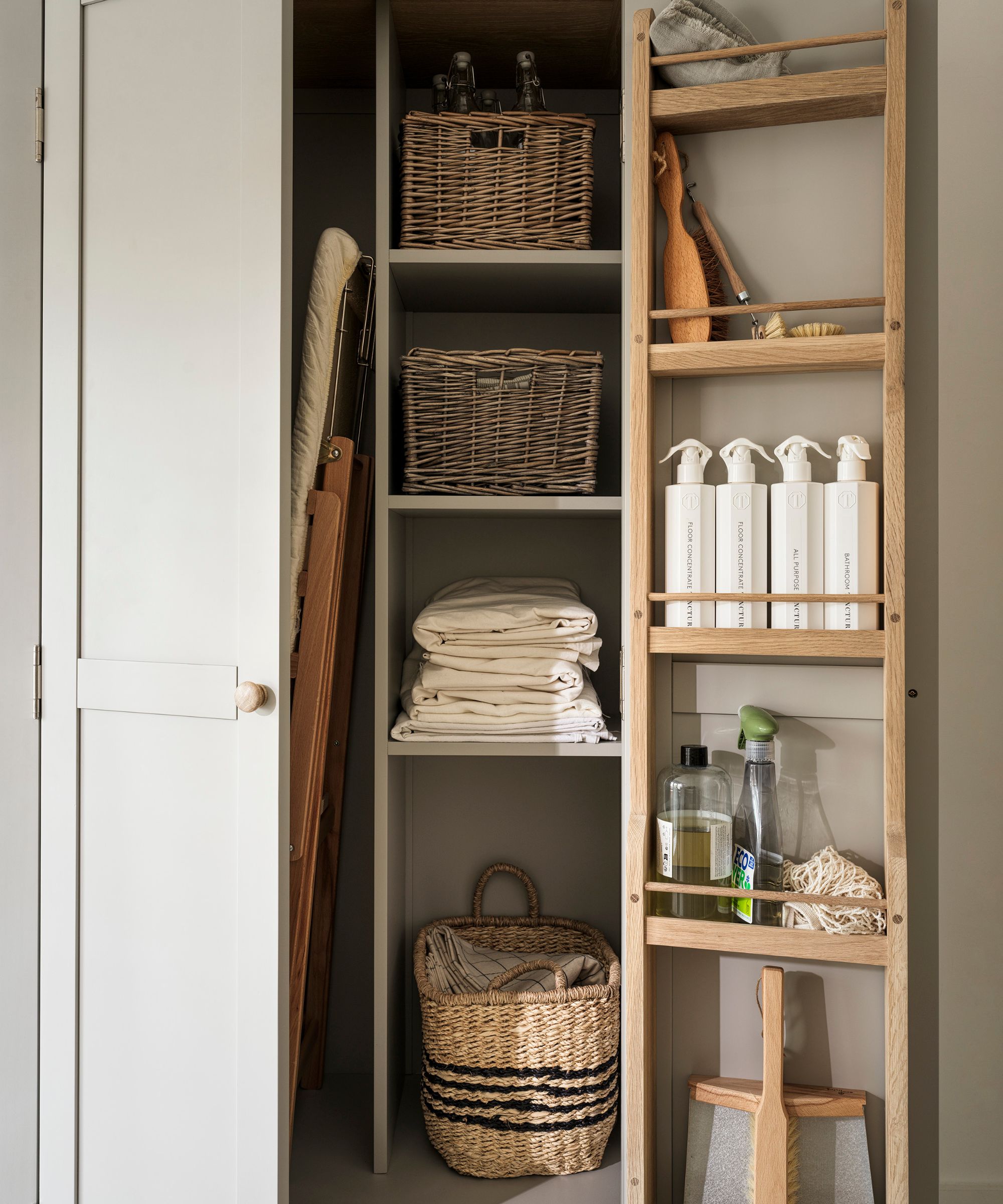
This approach has the added benefit of helping you to create a non-toxic home, with a stronger focus on solutions such as cleaning with vinegar and cleaning with baking soda for tasks where you do not need harsh chemicals to clean.
Making your own products can also help reduce allergens in your home, while being a great cleaning trick to reduce plastic at home and limit your exposure to chemicals. As Robert Weitz, principal and founder at RTK Environmental Group, explains, ‘Cleaning products are a major source of phthalates. Switching to homemade solutions using vinegar, baking soda, lemon juice, and essential oils can help to reduce your exposure while still keeping your home clean.’
The cons
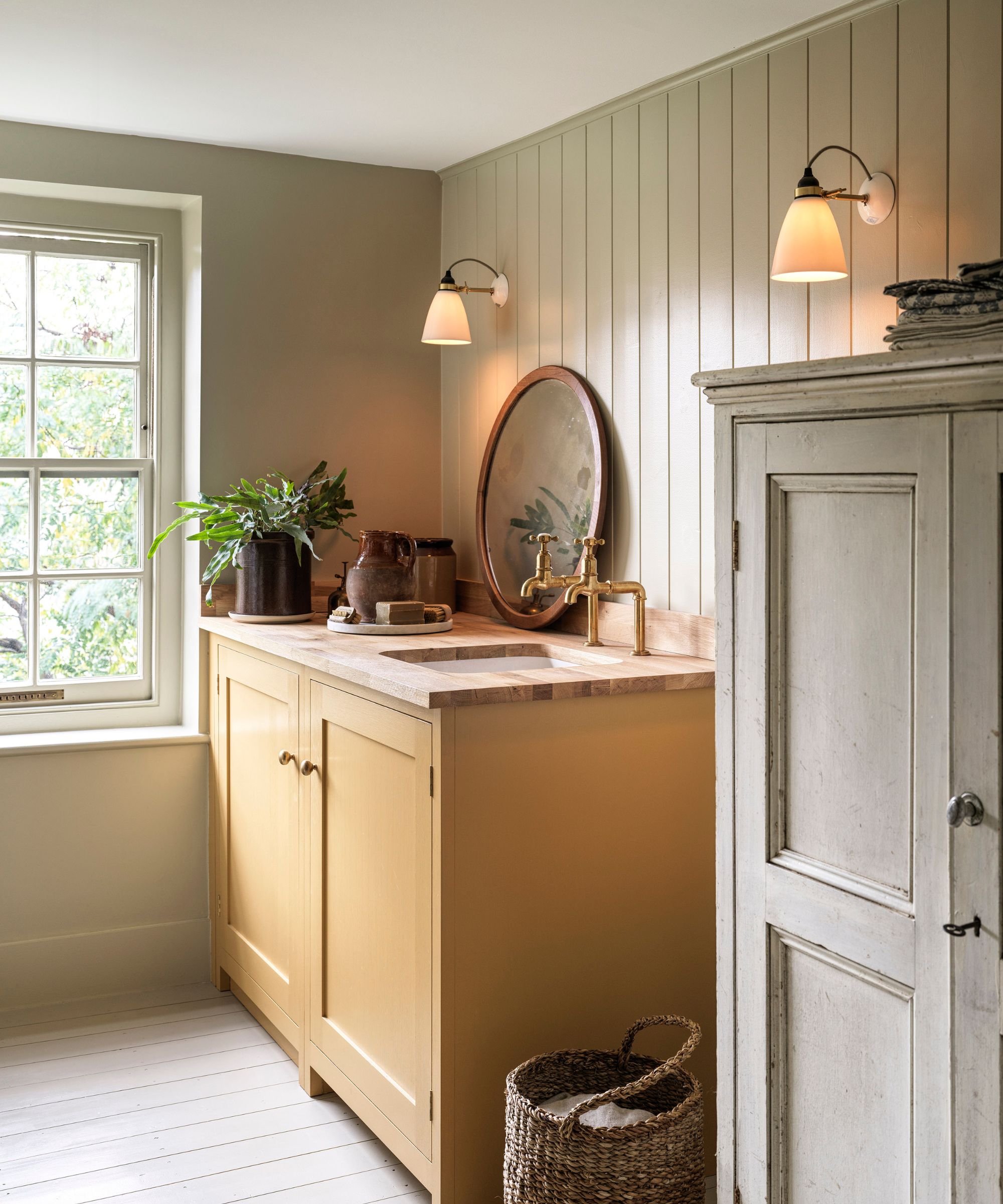
However, as with any money-saving solution, there are some downsides. As Kathy Cohoon, operations manager at Two Maids, points out, 'Mixing and storing individual ingredients can be more time-consuming than simply grabbing a ready-to-use product.
Pair this with the fact that you need to 'you’ll need to ensure the right concentrations for effectiveness and safety, especially when combining certain ingredients' for your cleaning tips to be effective, Kathy adds, and it can be a bit of a faff.
With many of us looking to spend less time cleaning each week, this added chore can start to drain your energy and be expensive on your already limited time.
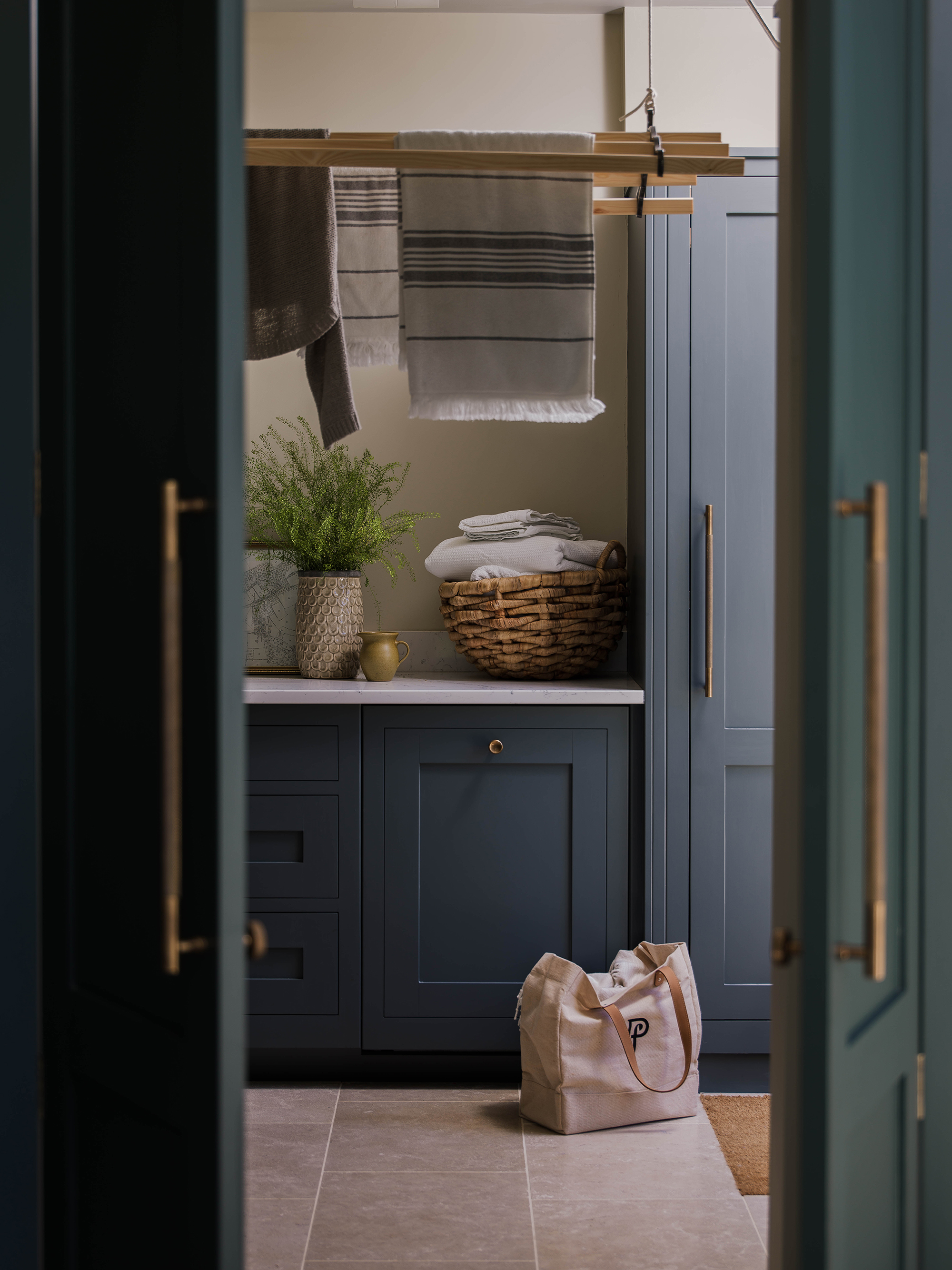
What’s more, making your own cleaning solutions can make organizing cleaning supplies trickier, too. Not only do you need to stock up on glass spray bottles, such as this pack of two amber glass spray bottles from Walmart, but you also need sticky labels, also from Walmart, to keep track of which solution is which, and their expiry dates (as DIY cleaning products expire more quickly than commercial alternatives).
On top of this, the individual ingredients will take up space in your storage ideas, too. It’s fine if you have a big pantry, but for small, storageless home solutions, it can prove space-expensive.
What to shop
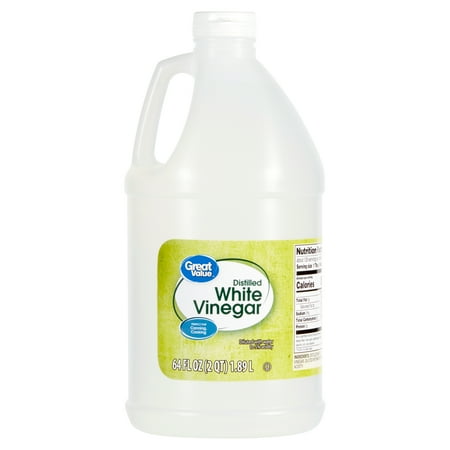
White vinegar is a holy grail with it comes to making your own cleaning supplies. It is cheap, efficient, and has a multitude of uses, from killing mold with vinegar to using white vinegar in laundry.
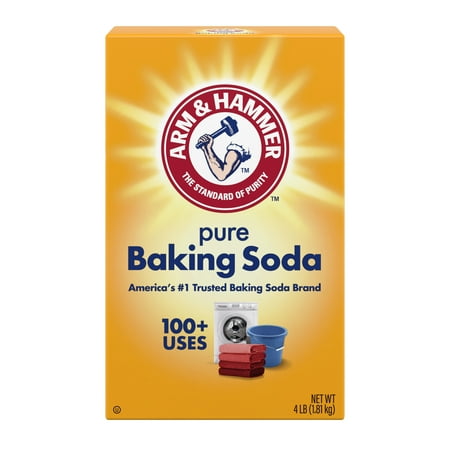
Baking soda is a natural abrasive that helps break down tough deposits without scratching delicate surfaces such as metal and glass. Mixed into a paste with water or use with vinegar for fizzy cleaning. It's safe for use in most areas of your home.
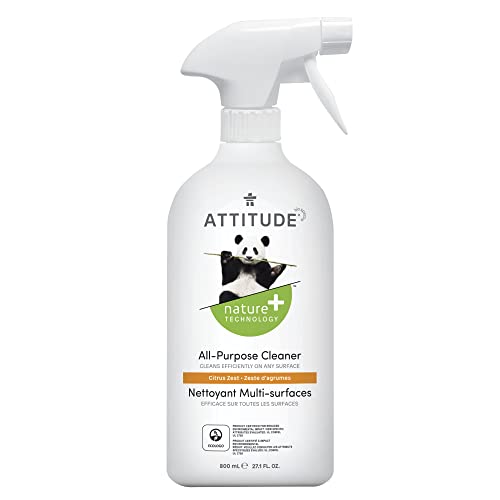
Want a non-toxic clean without having to make your own products? The Environmental Working Group (EWG) has certified Attitude products as non-toxic, meaning they contain no harsh chemicals or artificial compounds.
FAQs
How can I save money on cleaning supplies?
You can often save the most money on cleaning supplies by reusing old household items as tools. Old pillowcases and towels, for instance, can be cut up and used as cleaning rags and dusting cloths. Old toothbrushes make fantastic scrubbing brushes, and old (clean) socks are perfect for polishing surfaces.
Are DIY cleaning supplies as effective as store-bought?
When mixed correctly, many DIY cleaning supplies can be just as effective as commercial cleaning products when it comes to degreasing or disinfecting, although they may take longer to work or require more manual effort. For example, a baking soda paste made with either water or vinegar can be perfect for cleaning grout, but you will need to scrub for longer than using a chemical to get the same results.
In some cases, the homemade version is more effective than the commercial option. A 2020 study, for example, found that white vinegar mixed with 5% citric acid was able to kill pathogens such as E. coli on surfaces.
Meet the experts
If the main reason you want to switch to making your own cleaning products stems from a wariness of commercial chemicals, brush up on all the things you need to know about green cleaning to ensure a clean, safe home.







